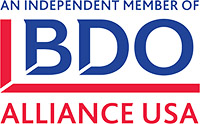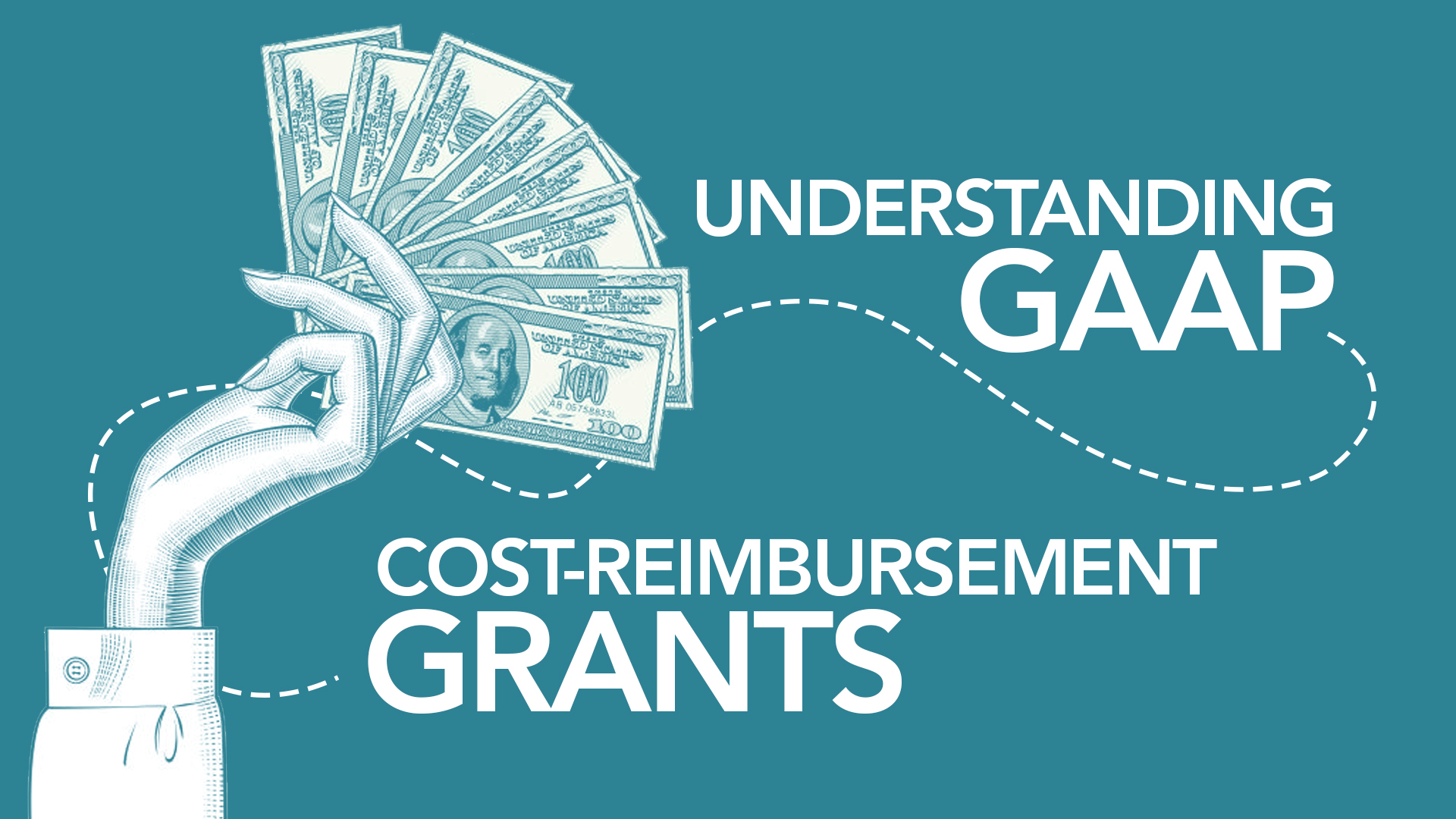
The state of Illinois began a new unclaimed property enforcement program around July 1, 2021, to identify noncompliant companies that are incorporated, have locations or carry business permits in the state.
Companies that have failed to file unclaimed property reports regularly or have filed incomplete reports with the state may be contacted by the Illinois Treasurer’s Office notifying them that they may become compliant by performing a self-audit.
Companies that receive notices from the state of Illinois should act quickly to address the issue, as the notice provides 30 days for the holder to respond. Failure to respond within the 30-day window may result in direct third-party examination of the holder’s books and records. The holder would then have 90 days to complete the self-audit process and file a return.
How to Prepare
Companies that receive a notice of noncompliance will be expected to conduct a self-review for all property owed to the state as reflected in the companies’ records covering the last 10 report years, including past due unclaimed property as of December 31, 2020 (that is, properties that should have been included on the report due May 1, 2021, as well as the nine prior reports back to the report due May 1, 2012, which would include properties dating back to 2007). A third-party audit firm is assisting the state with the self-audit program.
When preparing to respond to the state, companies should review the following (not an exhaustive list):
- Prior unclaimed property filings
- Unclaimed property policies and procedures
- Record retention policies
- Business operations, customers, vendors and employees in Illinois
- Organizational structure, including states and dates of incorporation
- Merger and acquisition history
- Unclaimed property liability owed to all states, including Illinois
- Source documentation, including but not limited to:
- Check registers and/or other banking data for check disbursement accounts
- Accounts receivable agings
- Write-off accounts
Illinois Unclaimed Property Q&A
1. Does the state have a business-to-business (B2B) exemption for accounts receivable and accounts payable transactions between business associates?
No, Illinois does not have a statutory B2B exemption for any property type. Illinois eliminated the B2B exemption under the new Revised Uniform Unclaimed Property Act and applies the elimination retroactively. As a result, all transactions are subject to unclaimed property reporting, including those in which the holder has an ongoing business relationship with the owner.
2. What is the record retention period?
Illinois typically requires holders to retain records for 10 report years plus the corresponding dormancy period by property type. The instructions for the self-audit provide the time period for records to be reviewed.
3. What is the statute of limitations period?
Illinois’ statute of limitations matches its record retention period—10 report years plus the corresponding dormancy period by property type.
4. What if I don’t have records for the full statute of limitations period?
Historically, Illinois may extrapolate the liability for years for which records are not available as a penalty for failure to maintain records.
5. What if my company has subsidiaries with business activity?
If your company has subsidiaries, your self-audit should include property held by those subsidiaries. If it would be too difficult to coordinate the inclusion of subsidiary information in your self-audit response, each subsidiary may be able to submit a separate self-audit.
6. What is the state’s interest provision?
Illinois law provides for a 12% annual interest rate. Successful completion of the self-audit process should result in a waiver of interest on amounts reported.
7. How much time does a company have to complete the self-audit process?
Illinois has established an approximately 90-day window for a holder to complete the self-audit process. Holders may request an extension of time if additional time is needed.
Insights
- If your business is incorporated in Illinois or you have high Illinois state income tax apportionment percentages based on property, payroll and sales, a careful review of your books and records and developing a compliance strategy to mitigate the risks resulting from the new audit program are important.




